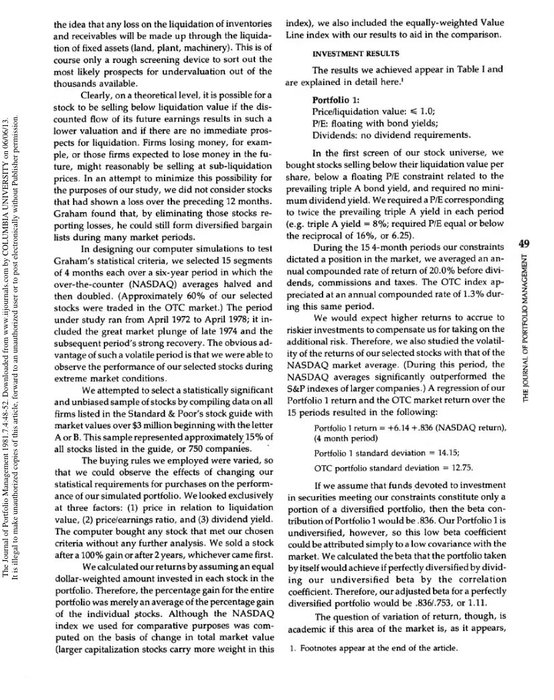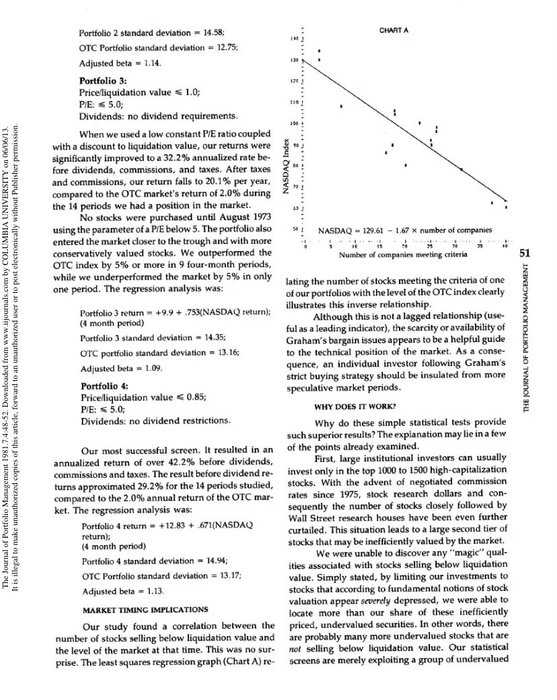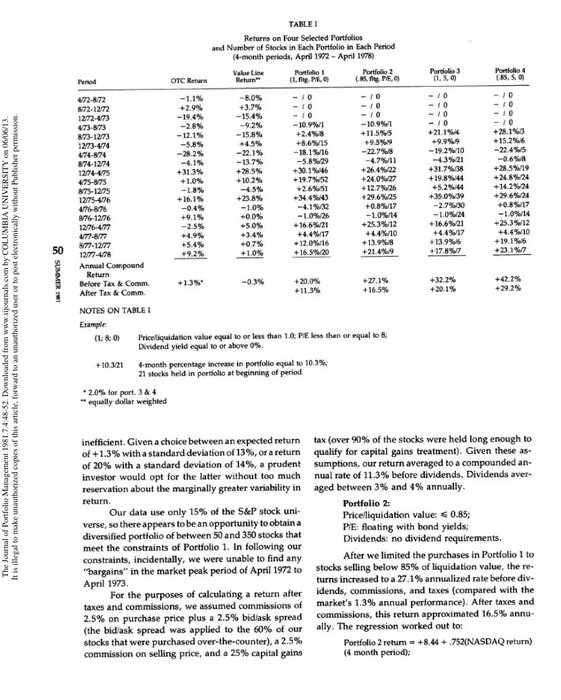Sublime
An inspiration engine for ideas

at the frontiers where new capital rights are minted day by day in the offices of law firms, states take a back seat. But states provide the legal tools that lawyers use; and they offer their law enforcement apparatus to enforce the capital that lawyers have crafted.
Katharina Pistor • The Code of Capital: How the Law Creates Wealth and Inequality




This traditional approach to asset allocation ran aground in 2008, when the financial markets collapsed and investors found that even if they had both stocks and bonds in their portfolio, they all fell together.
Chris Burniske • Cryptoassets: The Innovative Investor's Guide to Bitcoin and Beyond




Law School Essay
Michayla Robles • 2 cards
The younger lawyer was named Marcus, he was from Shaker Heights, he had attended Penn, where he had majored in philosophy and lettered in rowing. After a stint working in a rural Mississippi town with Teach for America, he had gone on to Stanford Law School. He had a lovely wife of Korean ancestry and a six-month-old baby and was just days away
... See moreNeal Stephenson • Fall; or, Dodge in Hell: A Novel
7h
The democratic party apparatus is largely run by lawyers with JDs. The politicians, many of the staffers, most of the non profit executives, and many of the thinkiest think tankers have JDs. It is central to law education in the US that policy legitimacy is derived from the process that creates the policy, there is no focus on outcomes. Its... See more